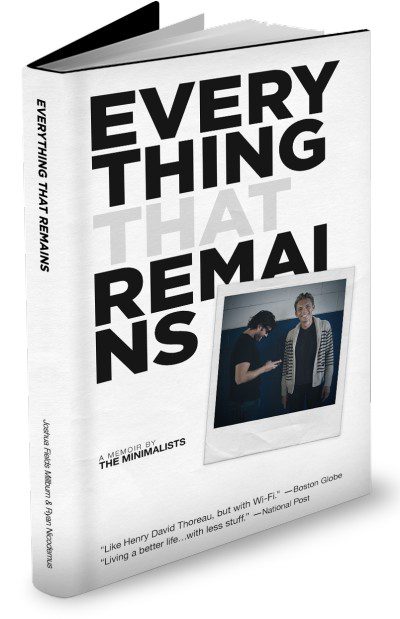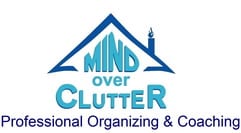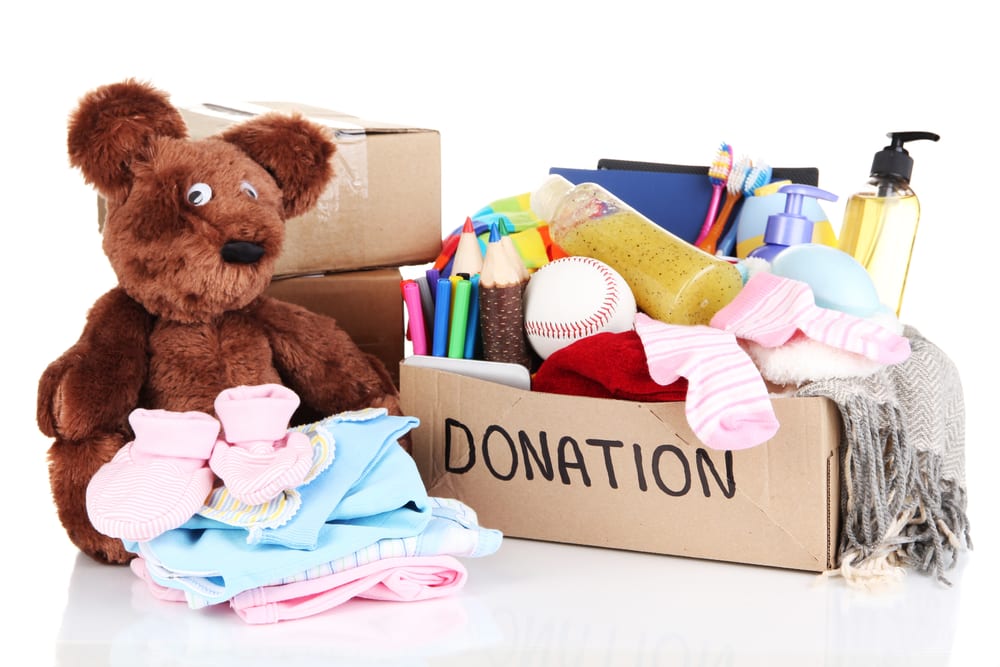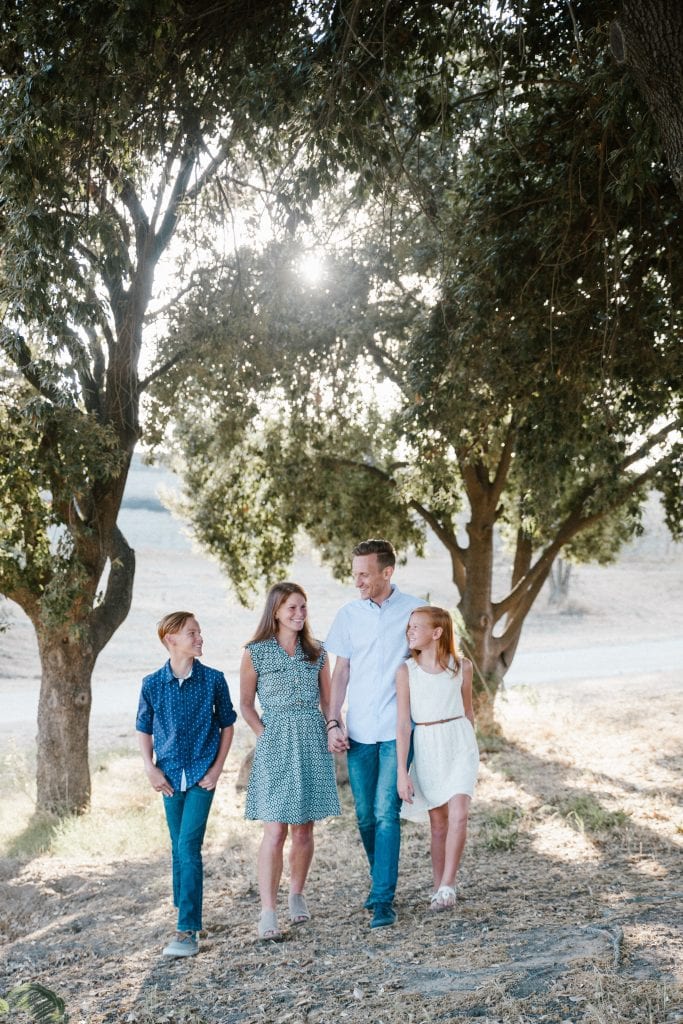Organizing your new normal
These times of living with the pandemic have shown us that material possessions are not as important as we thought. Having lots of possessions is not creating happiness and contentment. It is a good time to examine what parts of your life bring you satisfaction while staying at home.
Routines
More time is being spent at home and fewer activities take you away from your house. Everyone can help with work around the house. Things can get done quickly if everyone knows the routines.
Meal preparation takes time and is a constant consideration. How have you handled this task?
Consider what will work for you:
- Giving everyone 1 meal/week to make. It doesn’t have to be complicated, older children can help younger children.
- Give everyone some responsibility for the meal – meal preparation, meal preparation assistant, cleaning up the food from the table, putting leftovers away, doing the dishes. Rotate the jobs each day or week.
Keeping the house clean with everyone home all day takes more time. Consider:
- A quick clean up after supper, tidying things up to their correct place, sweep/mop/vacuum the major travelled and used spaces.
- Set up a cleaning schedule so everyone has a job to do to get the home cleaned. Divide up dusting, washing floors, vacuuming, wiping down surfaces. Pick a day when it needs to be done and they can pick the best time to do it.
There may be less dirty clothing around the home since people are inside more and doing less. It is a good time to establish a laundry routine. Consider what is best for you:
- Doing one load a day
- Teaching everyone to do their own laundry
- Setting one day to do laundry
Now is a good time to evaluate what new routines are working well, which ones need to be revised and what needs to be established to keep the home working well. When the pandemic is over keep reinforcing the newly established routines for the new times ahead.
Possessions
Shopping is down, clothing store sales dropped 78.8%. Electronics and appliances declined by 60.6% furniture and home furnishing sales dropped by 58.7% and sporting goods by 38%. Source
Homes are filled with many things. This time is a good opportunity to explore some of the things you own and see if they add value to your life. It will help you know what you need and what you don’t need anymore.
Explore new activities to fill your time. Introduce health and wellness activities, learn new skills and participate in outdoor activities that can replace shopping. The pandemic is reinforcing that having an overabundance of stuff doesn’t bring contentment. It is possible to live without shopping. Think about how you will control what comes into your home after the pandemic is over. Do you have a new normal? What if everything you wanted isn't what you want now? Share on X
Priorities
I wasn’t sure what to call this section. It could be titled time management, relationships or activities. Before the pandemic would you focus on:
- meeting deadlines over playtime
- being perfect over enjoyment
- an advancement over vacation time
- answering text messages over your sanity
During the pandemic, it is possible to have time for things other than work. Learn how to balance all the priorities, relationships and activities you have experienced. Don’t let all this learning about the type of life you want to have to get swept out of your reach when life changes again after the pandemic is over.
Do you have a new normal?
What if everything you ever wanted isn’t what you actually want?
In 2010, Joshua Fields Millburn & Ryan Nicodemus both abandoned the majority of their material possessions and created TheMinimalists.com. In 2011, they walked away from successful six-figure careers to live more intentionally. Then, in 2012, they moved to Montana and started writing a book Everything That Remains . Remember to minimize once you’re finished—pass it on, donate it, or sell it.

Minimalism is all about living with less. This includes fewer financial burdens such as debt and unnecessary expenses. … For many minimalists, the philosophy is about getting rid of excess stuff and living a life based on experiences rather than worldly possessions.
In the comments share what the pandemic has taught you.
 Julie Stobbe is a Trained Professional Organizer and Lifestyle Organizing Coach who brings happiness to homes and organization to offices, coaching you virtually using Zoom. She enjoys working with her clients to provide customized organizing solutions to suit their individual needs and situations. She reduces clutter, streamlines processes and manages time to help her clients be more effective in reaching their goals. Julie can coach you to break-free of the physical or emotional clutter constraining you from living life on your terms.
Julie Stobbe is a Trained Professional Organizer and Lifestyle Organizing Coach who brings happiness to homes and organization to offices, coaching you virtually using Zoom. She enjoys working with her clients to provide customized organizing solutions to suit their individual needs and situations. She reduces clutter, streamlines processes and manages time to help her clients be more effective in reaching their goals. Julie can coach you to break-free of the physical or emotional clutter constraining you from living life on your terms.
Contact her at julie@mindoverclutter.ca
X – Facebook – Facebook group Organizing Mind and Space





I love your suggestions, Julie. Routines are so important and can carry us through uncertain and certain times. I have never been much of a shopper, nor am I a collector. What this time has taught me is that I can rely on myself. How about you?
I am not a shopper or collector either. There were only a couple of things we needed to buy to get some painting projects done. Otherwise, we have what we need. A number of people are telling me they are running out of books to read, libraries are closed. I have shared some books I have around my house. This is one thing I think we could share easily. Put a book by a person’s door. The receiver places it away for 5-7 days and then you could read it. Wash your hands when you’re done reading for that day/time and keep your hands away from your face. Only do what you’re comfortable doing to stay safe and healthy.
I have become a “one load a day” person during this time. Normally, my husband travels during the week, and I don’t produce a lot of dirty laundry. Now that he is home, he is making a lot of laundry (he doesn’t “rewear” his clothes as much as I do, and he has started exercising every day, which makes a pile!) It has worked for me. I do think splitting up chores, especially with children, can be so helpful. Give children the chance to pick the chore they want, and also windows for changing their chore in the future so they don’t become lazy or bored. It also helps teach them a lot of skills!
I find it interesting that I made an assumption about people having less laundry and it was not true for you. Once again a good reminder for me not to assume how things are for other people. In my house chores started with being assigned and rotated until everyone was proficient at doing all of them. After that, they got to choose what they wanted to do. Since it was something they liked doing they did a much better job.
We have typically planned our meals and shopped every week. Now that we need to minimize outings, I’ve been shopping every 2 weeks, and instead of planning every meal, I make sure we have lots of everything. It’s working out, and it’s forcing me to be more creative as we get close to shopping day. I have a feeling we may be less structured in the future.
My sister was telling me about some of her regular activities which are cancelled right now, weighing how much time they took against what she was getting out of them, and is seriously thinking of scrapping some altogether.
Meal planning is interesting. I do a combination, I plan meals and buy the items I need but then have a few supplies around for “just in case”. Since I am at home I cook meals needing more preparation time. When I am working and rushing in close to mealtime I cook easier meals, salads. I like your suggestion of evaluating regular activities to see if the time needed to do them give you enough benefit. I am enjoying virtual networking because it takes less time. I would be happy to keep up a combination of virtual networking with fewer in-person events.
It wasn’t even an hour ago, before I read your post, that I was thinking about how much money I’ve saved by eliminating the things that I used to do, pre-pandemic.
I’m no worse for it and I guess it didn’t have a huge bearing on my life. It didn’t change a thing. However, the only thing I have never been able to do without and crave now, is my family. I look forward to the day that I can give each and everyone of them a big hug and kiss.
I understand what you mean about family. My family has lived far away for years since I could go and visit whenever I wanted it wasn’t a concern that they were not close. Now that I “can’t/ won’t” be able to see them it is much harder. I agree I can live without most things pre-pandemic but visiting with people is the thing I miss most too.
A useful guide about improving mental health during the COVID-19 pandemic. https://www.rehab4addiction.co.uk/coronavirus/mental-health-coronavirus
This a great guide thanks for sharing it.